The acting commander of the Azov brigade, Major Bohdan (pronounced Bogdan) Krotevych, is a hero in Ukraine. In last year’s Siege of Mariupol, he and 2,000 men – together with civilians and other units of the Ukrainian armed forces – held out for almost three months as defenders of the Azovstal Iron and Steel works. That huge network of tunnels and bunkers provided shelter to withstand daily bombardments from far more numerous Russian forces. Ironically, it was the Soviet Union that built this enormous infrastructure to withstand such aerial bombardment.
Major Krotevych – his call sign is ‘Tavr’, meaning a native of Crimea – spoke to me from the Azov Brigade HQ in Kyiv. He is surprisingly young – just 30 – and unsurprisingly tired. Dark ‘panda’ eyes betrayed his exhaustion; a thick beard attested to a routine where shaving is a luxury; camouflage fatigues and heavily tattooed arms suggested a no-nonsense military man. A poster displayed the Azov banner – an entwined ‘N’ and ‘I’ – and a filing cabinet in the corner of the room had a half-opened fruit crate perched on top.
Krotevych has been fighting Russians since he was 21. His home was in Simferopol, the capital city of Crimea, which was illegally annexed by Russia in 2014. That same year, Krotevych graduated from the Kyiv State Maritime Academy and the Azov brigade – which has attracted controversy because of the ultranationalist ideology of its origins – was formed as a volunteer militia, with Krotevych an early recruit.
The Azovstal siege lasted from 24 February to 20 May 2022. ‘It was 86 days of constant stress,’ he explained.’There was always uncertainty in your decisions, worrying about whether you were doing the right thing for your personnel. It often seemed that death would be a relief.’
The Azov brigade in action (Credit: Azov Press Service)
Colonel Denys Prokopenko of the Azov brigade oversaw the Mariupol Garrison, with Krotevych as his chief-of-staff, but it also contained other units.
‘The person who was supposed to be in charge at Azovstal disappeared and Col. Prokopenko took control. We weren’t sure if we had the legal right to order the other units around but over time we built a command-and-control system. There was no chaos inside Azovstal, all the uncertainty was on the outside. If necessary, we would have carried on for 200 days.’
With 600 wounded, many with festering wounds out of medical control, the popular myth is that these last defenders were ordered to surrender, but Krotevych is concerned with semantics:
‘There was never an order to surrender, rather it was an instruction that allowed us the legal defence against being labelled as traitors if we surrendered.’
He told me that 360 Azov soldiers were ‘KIA’ (Killed in Action) at Azovstal and 1,100 are still POWs.
The first five days of his captivity were spent at Olenivka in occupied Donetsk after which he was transferred to a camp near Moscow. It was a lucky break because two months later, 53 POWs from Azovstal were killed in an attack, which the Ukrainian government alleged was a Russian atrocity to cover up the torture and murder of prisoners. Krotevych claimed that he and his men were ill-treated in Olenivka. ‘People were beaten, food and water were withheld, and we were forcefully interrogated,’ he says. Although his four months in Russia were spent in solitary confinement, he said that the physical abuse stopped after this transfer.
On 21 September, both Prokopenko and Krotevych were exchanged for the pro-Kremlin Ukrainian politician, Viktor Medvedchuk and Russian fighters, although Prokopenko is now forced to sit out the war under house arrest in Turkey. The rump of the Azov unit is now fighting on the Zaporizhzhia front while new recruits are being trained at base camp. Krotevych claimed that he has reached 50 per cent of a target to recruit 6,500 new soldiers. ‘We only take volunteers, not conscripts. Many Ukrainians have already joined the fight, so it’s not easy to find more.’
I asked if stories were accurate that Russian troops are poorly trained and ill-equipped. ‘Partially, yes,’ he replied, ‘but they still pose a credible threat. Let’s not forget that there are 320,000 Russian soldiers on Ukrainian soil, and most are professionals.’
‘The difference between that situation and ours is that we didn’t have a Churchill to give orders.’
He was upbeat about the impact of the recent Wagner Group debacle. ‘It will have a huge negative effect on military morale. The way in which the failed coup d’état was handled has shown Putin to be weak.’
Although Krotevych speaks English well, he was assisted throughout our interview by a colleague, Dan Shatylo (who has the call sign, ‘Dante’) but his cheerful interpreting could not disguise a certain suspicion in Krotevych’s attitude. This changed completely when I likened Azovstal to the Siege of Calais, in 1940, when a last-ditch defence of the citadel bought vital time to delay the German attack on Dunkirk. This link to Churchill brought an immediate smile as Krotevych held up a Ukrainian book with Winston’s portrait on the cover (he also had Boris Johnson’s biography of Churchill in his car). But he disagreed with my comparison: ‘The difference between that situation and ours is that we didn’t have a Churchill to give orders.’
The Azov’s tenacious heroism in the defence of Azovstal has upgraded the private militia to become one of six assault brigades of the new Ukrainian Offensive Guard, a higher status that has led to the absorption of elements of the National Guard. Nonetheless, the privateer background to the Azov brigade and accusations of an ultra-right-wing philosophy (denied by Azov leaders) has meant a specific lack of western aid.
Krotevych is quick to stress that ‘Azov is 100 per cent a military unit with no political ambitions.’ Meta, the parent company for Facebook, appears to share this distinction: earlier this year, it removed Azov from a list of dangerous individuals and organisations, citing a difference between the military group and the political movement. The Brigade currently has a shopping list for military hardware that totals $974,500 (£760,000).
Krotevych is adamant that Ukrainian military strategy must move from defence to attack: ‘If we want to liberate our country from the occupying forces then any type of insurgency action on enemy territory is the right approach.’
But he worries that aid from the West is diminishing. ‘If Ukraine and the world work on our past mistakes then this war is going to be finished quickly. Regardless of that, we will win anyway.’
The image of a determined man of steel disappears momentarily when he apologises for appearing ‘a little self-confident, because that is my nature,’ adding, ‘but if we can receive more weaponry with the time to train on it, we will show you the real counter-offensive. We are not wasting time – we don’t have much time to waste.’
Got something to add? Join the discussion and comment below.
Get 10 issues for just $10
Subscribe to The Spectator Australia today for the next 10 magazine issues, plus full online access, for just $10.

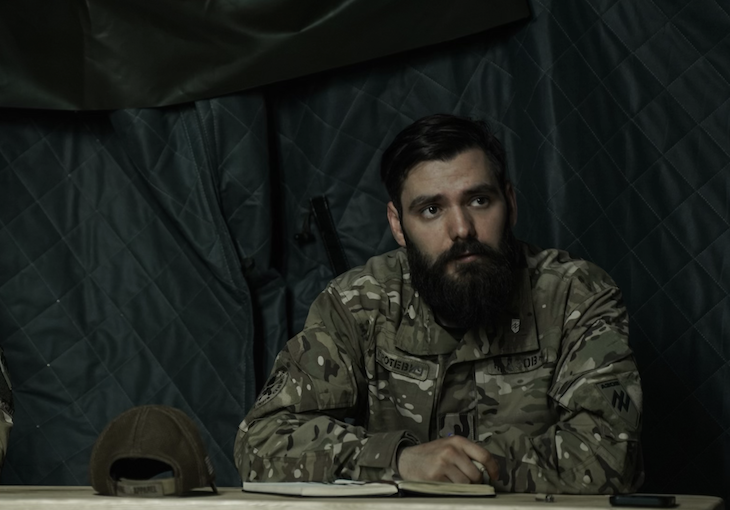
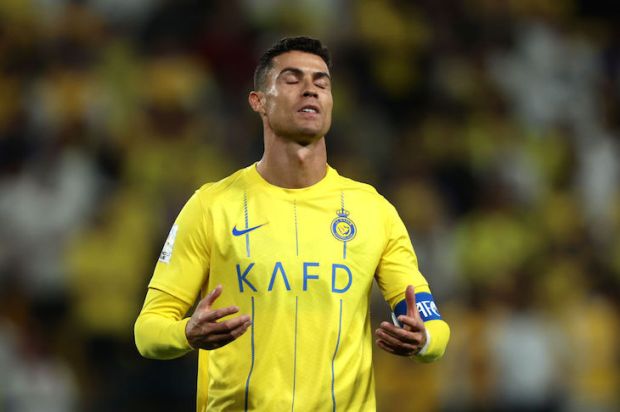
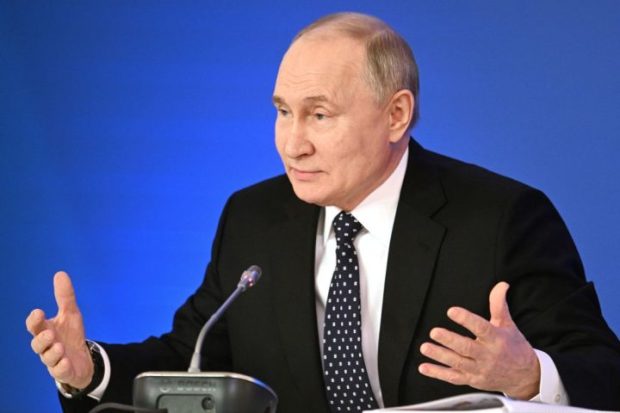

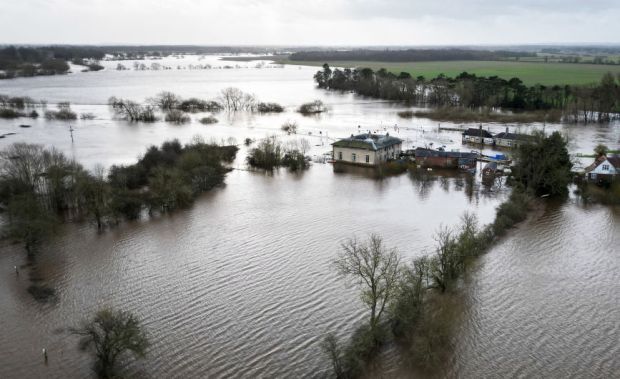
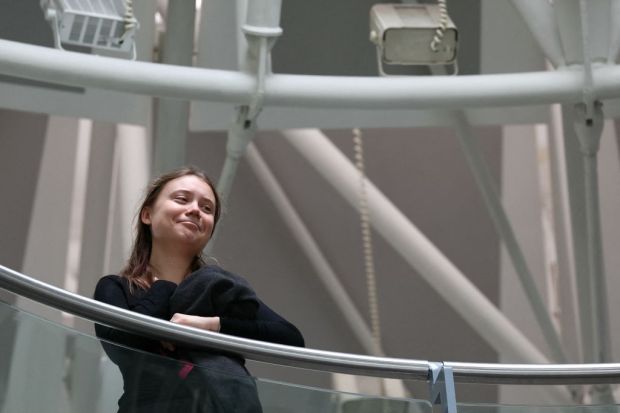













Comments
Don't miss out
Join the conversation with other Spectator Australia readers. Subscribe to leave a comment.
SUBSCRIBEAlready a subscriber? Log in